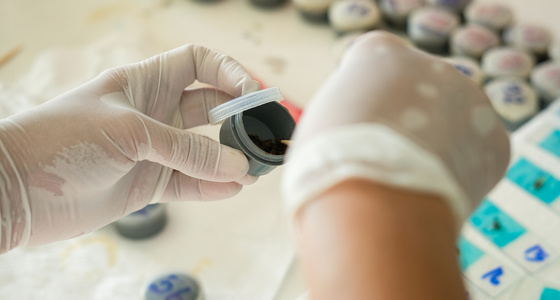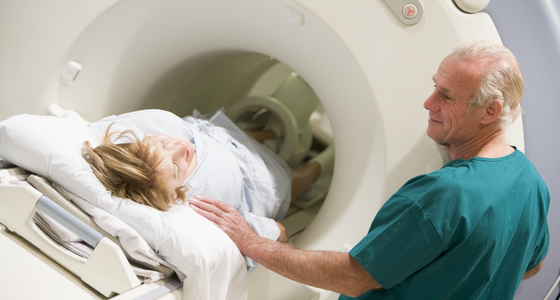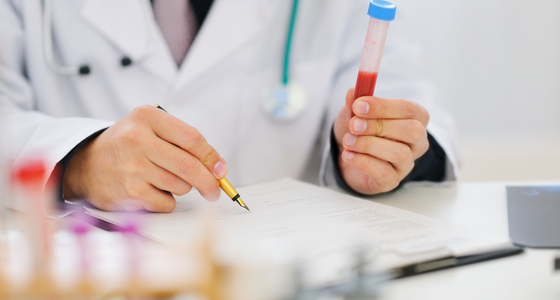
Unfortunately getting a diagnosis for inflammatory bowel disease (ulcerative colitis and Crohn’s disease) is not a straightforward process. Find out more about why below.
Many people experience IBD symptoms for a while before they are referred to a specialist to have tests carried out. And, even then, you won’t necessarily get diagnosed quickly.
The problem is that there isn't just one single test that can be done to diagnose IBD. The symptoms are also similar to many other medical conditions such as diverticulitis, celiac disease and bowel cancer which means these conditions also need to be ruled out.
A short survey among our IBD members shows that diagnosis can vary from days to decades - with an average diagnosis time of around 3 years from first symptoms.
See your doctor as soon as you start experiencing any unusual symptoms.
Common symptoms of inflammatory bowel disease (IBD) include:
But, IBD can affect your digestive tract anywhere from your mouth to your anus, depending on the type of IBD you have so you may experience none of these symptoms and still have IBD.If your doctor suspects IBD they will likely get your diagnosis from a series of tests and examinations, alongside your symptoms and medical history.
Tests and examinations include:




Once it has been confirmed that you have Crohn’s disease, ulcerative colitis (UC) or microscopic colitis (MC) you may have further tests to determine the type of Crohn’s, UC or MC you have. There are various subtypes of the conditions and the type you have will dictate the treatment options you may be offered.



